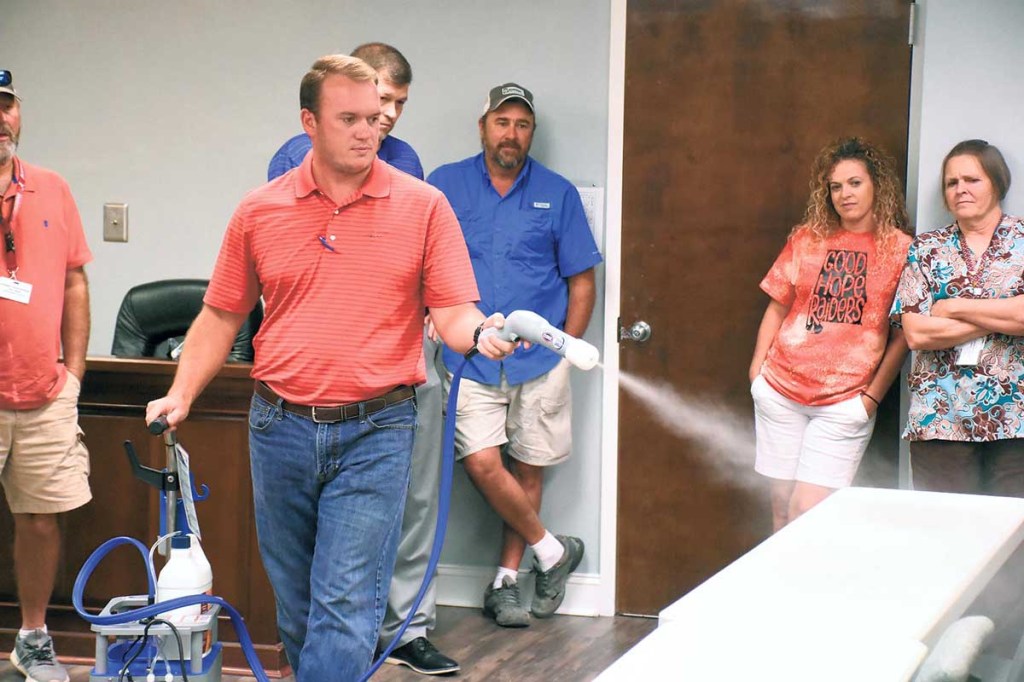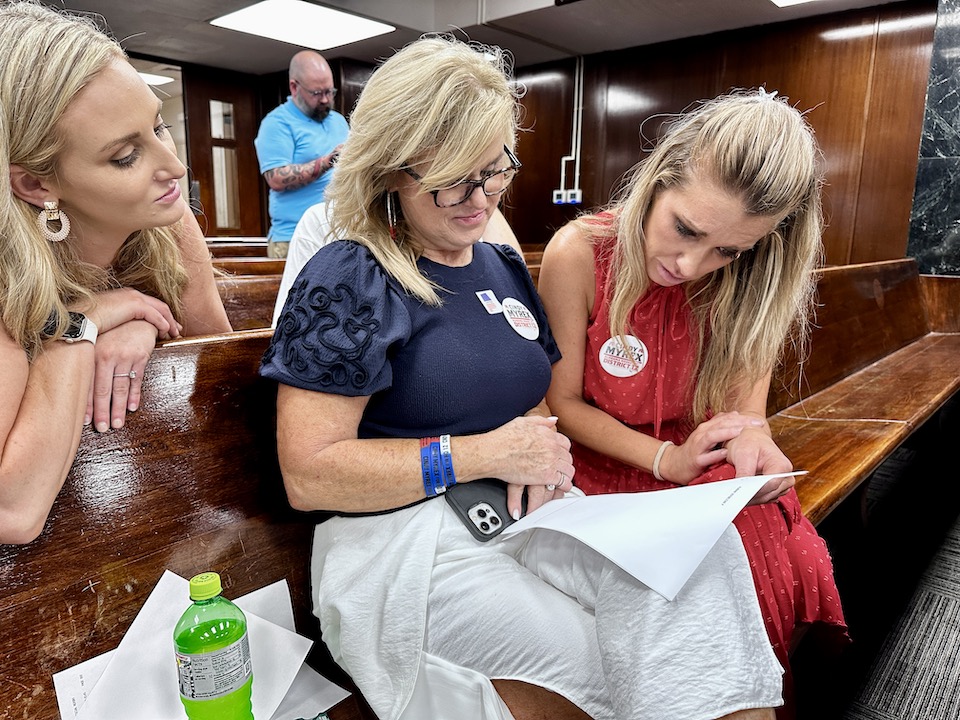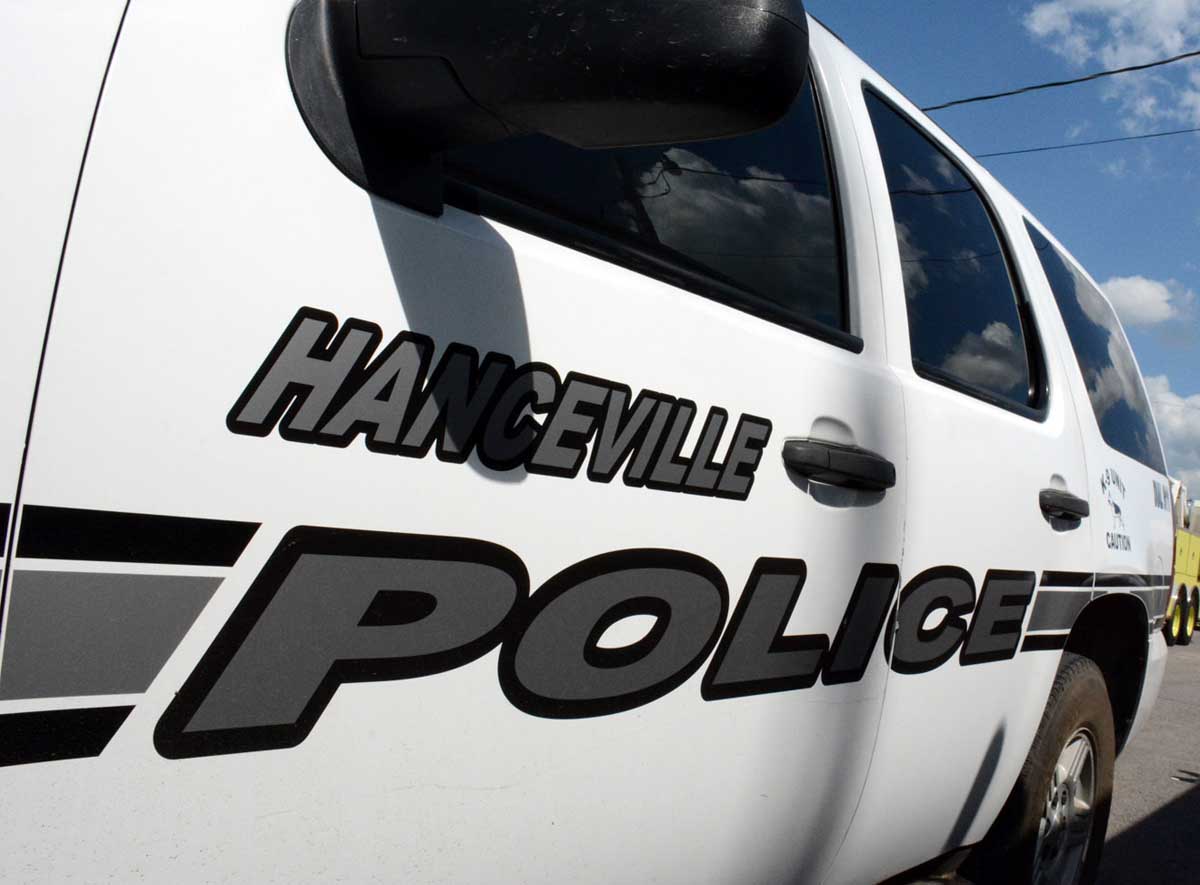School officials watching potential Coronavirus outbreak closely
Published 12:00 pm Saturday, February 29, 2020

- Clorox representative Justin Foster demonstrates the company’s electrostatic cleaning unit to Cullman County Schools custodial staff members in September 2019. The district’s lead nurse Kayla Burgess says they have been using those — along with general education efforts to encourage students to follow basic cleanliness recommendations. With the Coronavirus slowly starting to spread deeper into the United States, local schools in the Cullman area are already looking ahead to how they might respond and adjust operations if the COVID-19 virus turns into a full blown pandemic.
With the Coronavirus slowly starting to spread deeper into the United States, local schools in the Cullman area are already looking ahead to how they might respond and adjust operations if the COVID-19 virus turns into a full blown pandemic. But in the meantime, plans boil down to a few basic tenants — be smart and keep things clean.
Though no cases have been confirmed in Alabama up to this point, more than 83,000 COVID-19 cases have been reported worldwide, nearly 79,000 of them in mainland China, according to the Associated Press. Government officials there have severely restricted travel and imposed strict quarantine measures to try and stop the virus from spreading. There are currently 19 confirmed cases in the United States, though the Center for Disease Control (CDC) has warned a potential pandemic could impact everything from schools to businesses across the country if the virus spreads. So, according to the CDC, now is the time to plan and act.
Trending
Cullman City Schools Superintendent Dr. Susan Patterson says the city system is currently taking its cues from the CDC, the Alabama Department of Public Health, and the Alabama State Department of Education (ADPH). Those plans mirror many of the agencies’ usual, annual recommendations surrounding a typical flu season.
Patterson said the district is following ADPH recommendations to encourage students to follow “respiratory etiquette,” by educating them and providing ample supplies, such as hand sanitizer, soaps and tissues. That “etiquette” includes things such as covering coughs with a sleeve or tissue; routinely cleaning and disinfecting surfaces; separating sick students or staff until they can go home; frequent hand-washing with soap; and frequent use of hand sanitizer. Students and staff are also being encouraged to avoid touching their face with unwashed hands.
Beyond that, Patterson said the system would consider additional options and seek further counsel from state and federal agencies if the Coronavirus does become a serious issue locally.
“If the situation changes with the coronavirus from its current state, Cullman City Schools will adjust our plans accordingly including instructional options with guidance from the named agencies,” Patterson said.
The Cullman County Board of Education is also following the lead of state and federal health agencies, with the help of some local initiatives already in place to try and prevent the spread of the flu. The system recently invested in some sanitizer units for widespread cleaning of surfaces and facilities across the district in an effort to reduce the effects of the annual flu bug, and the district’s lead nurse Kayla Burgess says they have been using those — along with general education efforts to encourage students to follow basic cleanliness recommendations.
“From everything I’ve read, [the Coronavirus] doesn’t live very long on surfaces, so we’re definitely continuing with our routine cleaning we do in schools, especially around this time of year,” she said. “We’re also promoting for parents to clean their kids’ backpacks, jackets, and even notebooks. Things you may not normally think about.”
Trending
Burgess said the system will also follow recommended protocol such as separating sick students until they can return home, and trying to reduce class sizes as much as possible.
With the virus outbreak making national and international headlines practically everyday now, Burgess also made a point to stress the last things local parents or residents should do is panic.
“I think the main thing for parents to know is, it’s still safe in schools,” she said. “It’s still safe to send your kids to school… There’s no need to send your kids to school with a face mask, or anything like that.”
Wallace State in Hanceville is also taking measures to keep the campus as safe and healthy as possible, with a page on the school website set to launch in a few days focused on safety tips, and to provide information if the virus eventually impacts the local college.
“Wallace State is setting up a website, which will go live on Monday, with information about the novel coronavirus (COVID-19), symptoms, best practices for prevention, and what students and employees should do if they begin experiencing signs of illness,” Wallace State’s Kristen Holmes said. “The Alabama Department of Public Health and the Centers for Disease Control have issued recent guidance about the disease, and our response is based on those guidelines.”
In addition to sparking preparation, the virus has also caused a shortage in surgical face masks worldwide, though — like local school officials reaffirm — the CDC doesn’t actually recommend wearing one at this point. The CDC says people infected — or those showing symptoms such as fever and shortness of breath — should wear masks to avoid spreading it to others. Health care workers also need masks, the agency says.
The Associated Press contributed to this report.





